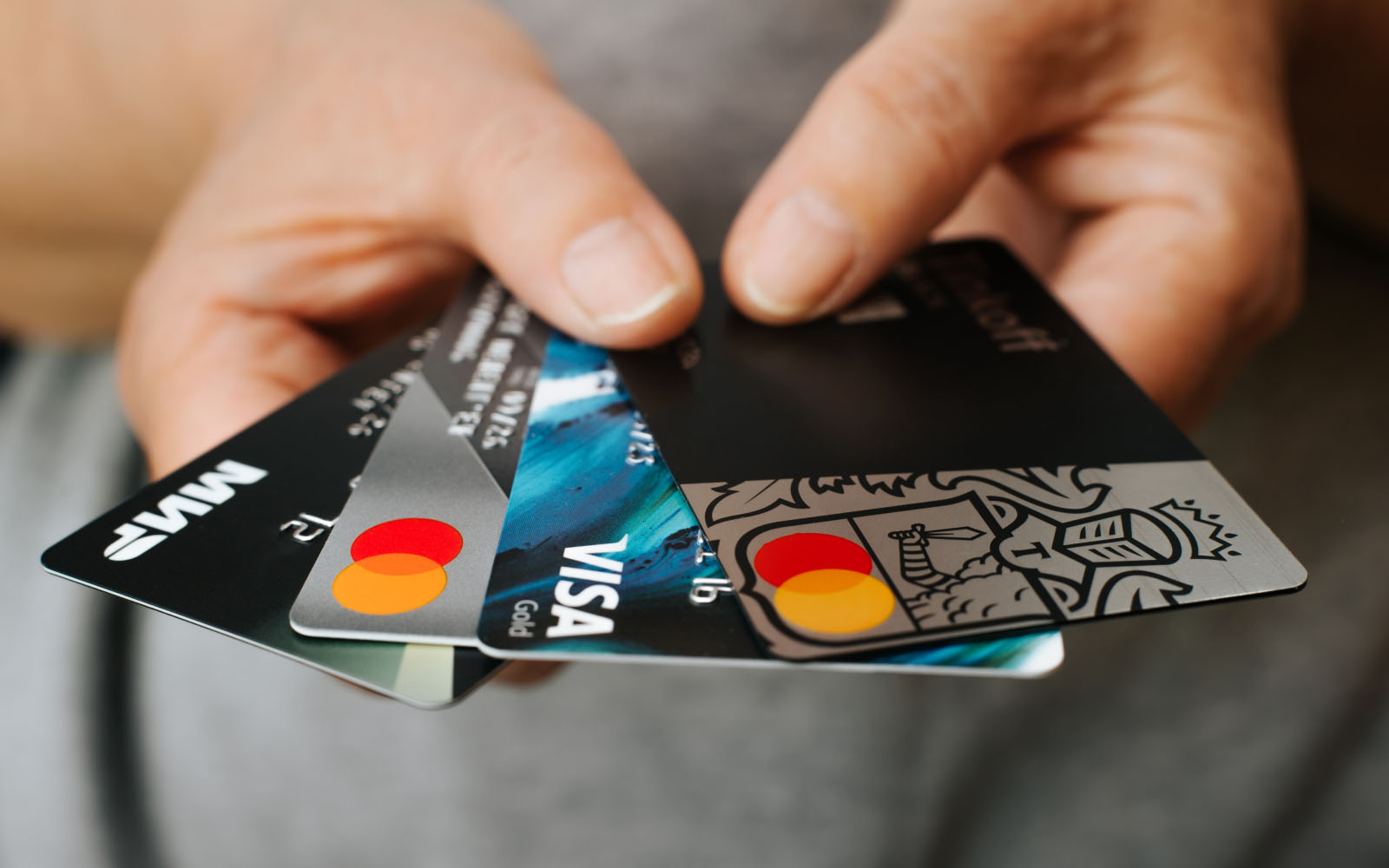
Debit cards are an essential part of daily life, offering convenience and accessibility for financial transactions. However, as technology evolves, so do the methods criminals use to commit fraud. In 2025, understanding the most common types of debit card fraud and knowing how to protect yourself is more important than ever. This article explores the top scams, how to recognize them, and actionable ways to safeguard your hard-earned money.
Common Types of Debit Card Frauds
Fraudsters constantly adapt, devising new schemes to exploit vulnerabilities in payment systems. Here are the most common methods of debit card frauds in 2025:
1. Skimming at ATMs and POS Terminals
Skimming remains a popular tactic. Criminals use devices attached to ATMs or point-of-sale (POS) terminals to steal card information. These skimmers capture your card details, including the PIN, which can then be used to make unauthorized transactions.
2. Phishing Through Fake Emails or Websites
Phishing has evolved to become more sophisticated. Fraudsters send emails or create websites that mimic legitimate organizations, tricking you into providing sensitive information like card numbers and passwords. With artificial intelligence aiding scammers, these fake communications are more convincing than ever.
3. Data Breaches
Retailers, banks, and other entities that store customer data are prime targets for hackers. When a breach occurs, sensitive card details can be exposed and sold on the dark web, leading to unauthorized purchases.
4. SIM Swapping and Social Engineering Attacks
SIM swapping allows criminals to take control of your phone number, bypassing two-factor authentication systems. Combined with social engineering tactics—manipulating you into sharing private information—this method is particularly dangerous.
Signs You Might Be a Victim
Detecting fraud early can minimize financial losses and stress. Be alert to these red flags:
- Unauthorized Transactions: Unexpected charges or withdrawals on your account are the most obvious sign.
- Bank Alerts: Notifications about suspicious activity or declined transactions might indicate compromised security.
- Account Access Issues: If your account is locked or you’re unable to log in, someone may have tampered with it.
Always trust your instincts. If something feels off, investigate immediately.
How to Protect Yourself
While debit card fraud is concerning, proactive measures can significantly reduce your risk:
1. Enable Two-Factor Authentication and Fraud Alerts
Adding an extra layer of security, like two-factor authentication, can make it harder for criminals to access your account. Most banks also offer fraud alerts via SMS or email—ensure they’re activated.
2. Regularly Monitor Bank Statements
Review your transactions frequently, either through online banking or monthly statements. Look for small, unfamiliar charges, which can be test transactions by fraudsters.
3. Use Secure ATMs and Avoid Public Wi-Fi
Stick to ATMs located in secure, well-lit areas. Avoid entering sensitive information, such as PINs or card numbers, while connected to public Wi-Fi networks, which can be easily intercepted.
4. Opt for Virtual Debit Cards for Online Shopping
Many banks now provide virtual debit cards. These are temporary card numbers used exclusively for online purchases, minimizing the risk of fraud if the details are stolen.
What to Do If Fraud Happens
Despite precautions, no system is foolproof. If you become a victim of debit card fraud, act quickly:
- Contact Your Bank Immediately: Report the fraudulent activity and freeze your card to prevent further transactions.
- Dispute Unauthorized Charges: Banks often have processes for investigating disputes. Submit the necessary documentation promptly.
- File a Report: Notify local authorities and credit bureaus. This step can help you recover your funds and prevent future incidents.
Time is of the essence. The sooner you act, the better your chances of resolving the issue favorably.
Conclusion
In 2025, debit card fraud is a real and growing concern. By staying informed about common scams and adopting smart habits, you can protect yourself and your finances. From enabling two-factor authentication to using virtual debit cards, small steps can make a big difference. Be proactive, vigilant, and prepared—your financial security depends on it.
Write and Win: Participate in Creative writing Contest & International Essay Contest and win fabulous prizes.


